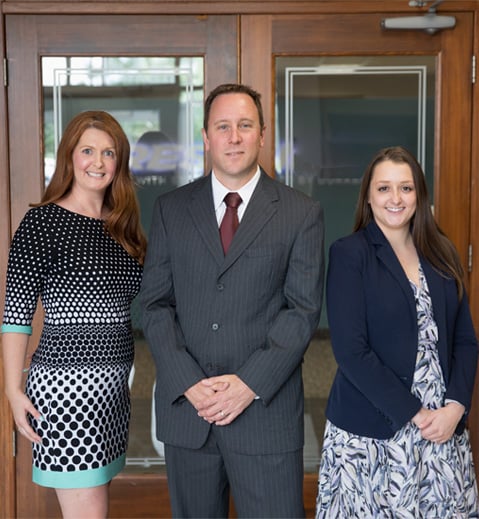About 22,653 people face arrest on DWI charges per year in Minnesota, according to the state Office of Traffic Safety. Many of these cases can hinge on witness testimonies. However, the reliability of such accounts raises significant concerns.
Understanding the limitations of witness statements is important in assessing their validity. It also aids in building a defense.
Memory fallibility
Human memory is inherently fallible and prone to distortions. Witnesses may not accurately recall events due to stress, fear or the influence of external elements. In DWI cases, the passage of time between the incident and testimony can lead to memory decay, making it challenging for witnesses to provide precise details.
Perceptual distortions and misinterpretations
Factors such as poor lighting conditions, weather or distractions can compromise people’s abilities to accurately interpret what they witnessed. In the context of DWI cases, these distortions can lead to misjudgments of a driver’s behavior, potentially impacting the reliability of the testimony.
Influence of external factors
External factors, such as peer pressure or societal expectations, can significantly impact witness testimonies. In DWI cases, witnesses may feel they should align their statements with group norms. This external influence introduces a potential bias that can compromise the objectivity of the testimony.
Misleading questioning techniques
Leading questions, suggestive language or pressure from law enforcement may inadvertently shape a witness’s response. This raises concerns about the accuracy of the information. Witnesses may feel that legal authorities are pressuring them to align their statements to meet certain expectations.
Selective attention and tunnel vision
Witnesses often focus on specific details of an event, potentially leading to tunnel vision. In DWI cases, this selective attention can result in witnesses concentrating on certain behaviors. Meanwhile, they might neglect other relevant factors that could provide a more comprehensive understanding of the situation.
The reliability of witness testimonies is susceptible to several inherent limitations. Recognizing these challenges helps ensure a fair legal process.


